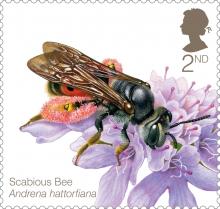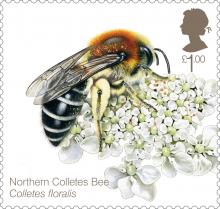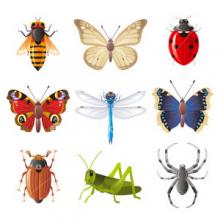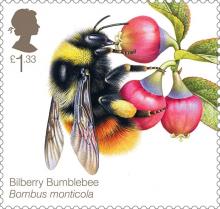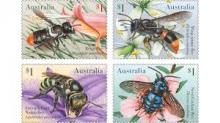Bees - among most vital creatures on Earth - join endangered species list
Recent studies have shown a dramatic decline in the bee population – with a nearly 90% decrease in recent years – placing the insect on the endangered species list.
The use of uncontrolled pesticides, the continuation of deforestation and lack of cipher flowers (bee food) are the main reasons for the recent population nosedive.

